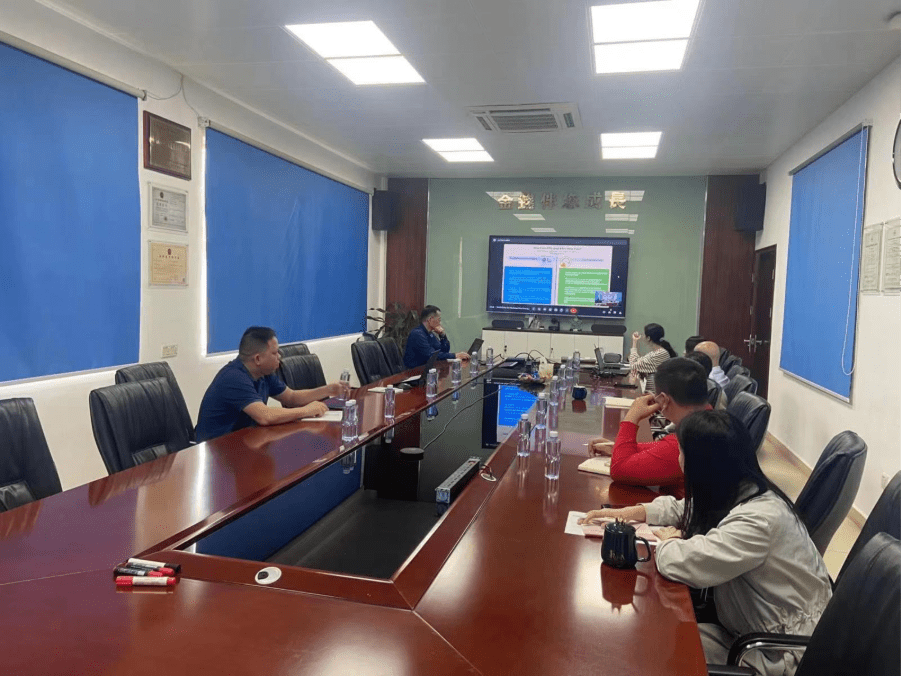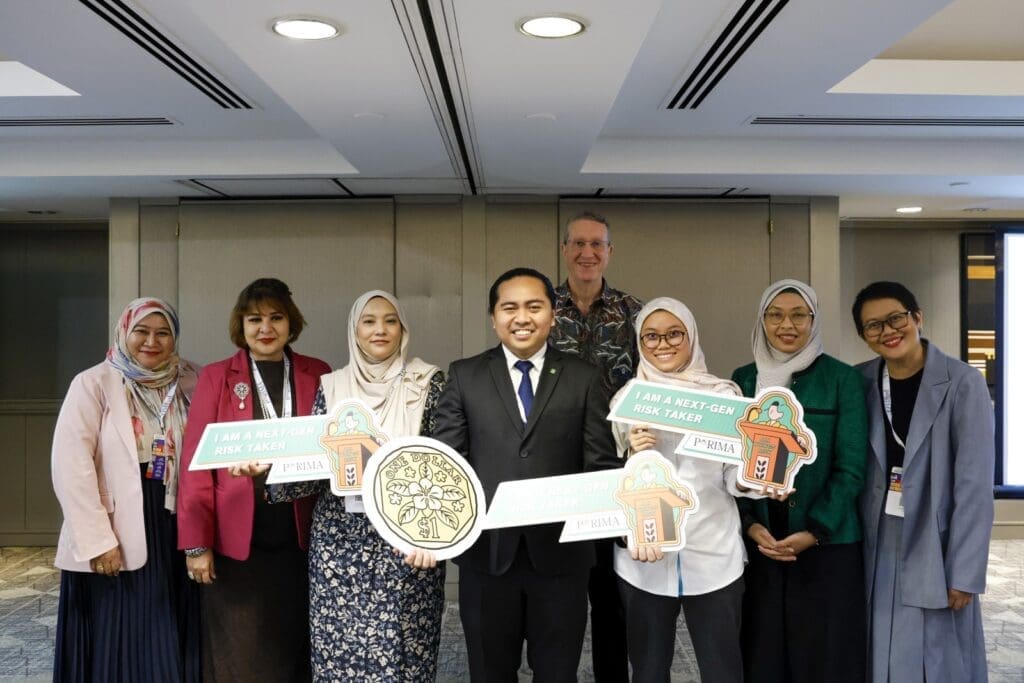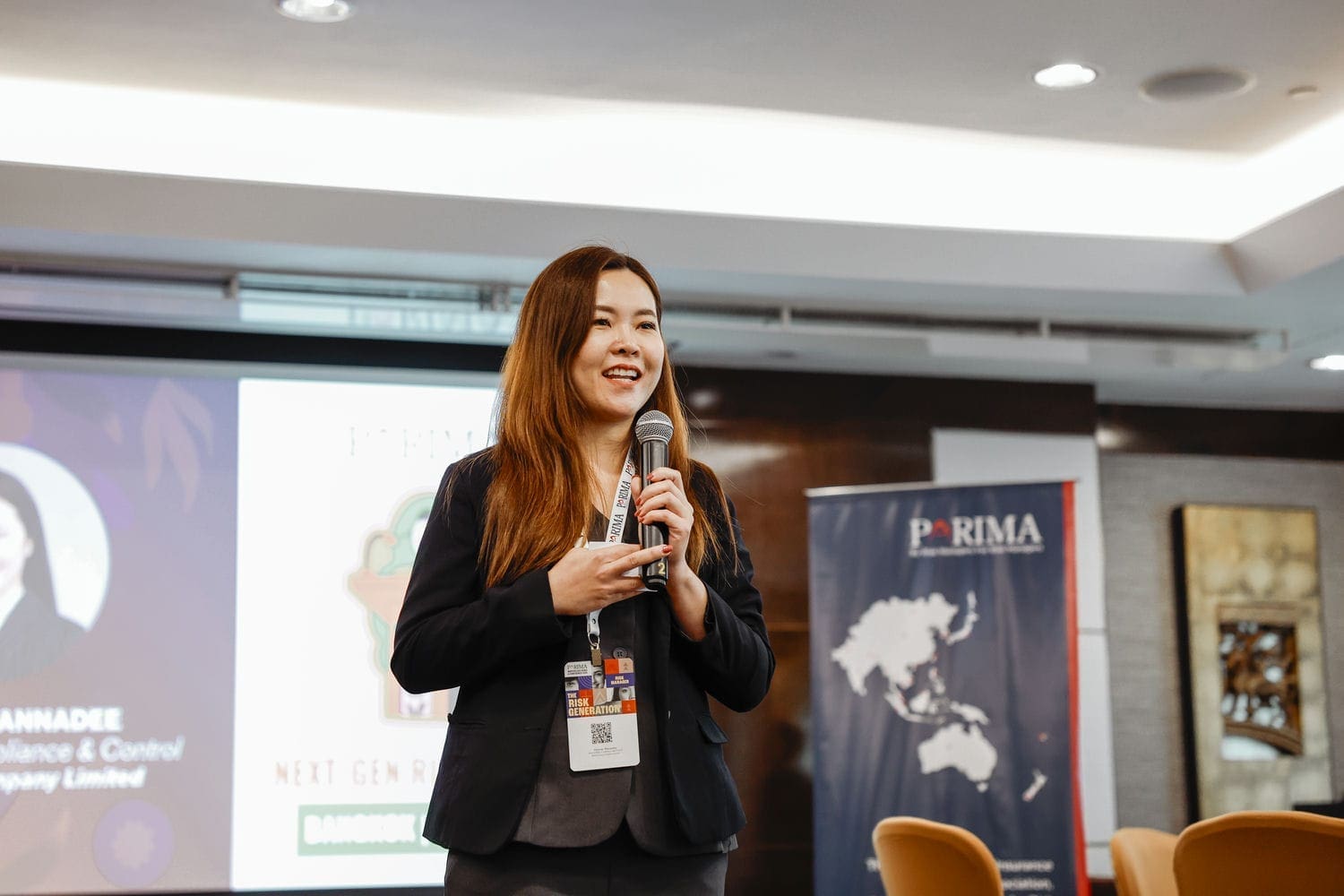(Credit: Junning Tu)
Based in Shenzhen, China, Junning Tu never imagined that her background in English literature and a master’s degree in translation would eventually lead her into the world of risk management. In fact, she was actively searching for translator roles when an HR officer suggested a position in risk. Guided by her natural curiosity, she accepted the opportunity and soon found herself learning an entirely new profession on the job.
From Translation to Risk: An Unexpected Pivot
Junning’s path to risk management began with her passion for languages. After completing her studies, she interned as an interpreter at a clinic. The role gave her hands-on experience in translation but also revealed its limitations.
“I realised that I didn’t want to just focus on pure translation work. I wanted to use language as a tool to connect with people.”
It was around this time, while searching for translator roles, that the HR officer at Aboitiz Food approached her with the idea of risk management.
Translation Skills becomes an Asset
From the very start of her career, Junning’s communication skills proved to be an asset.
“As translators, we are trained to listen carefully and express information accurately, which helped me capture details and communicate across cultures, especially between the local China team and the group’s management,” she explains.
Her foundations in risk management were further strengthened through mentorship and training. With the support of her manager, she followed a structured orientation plan that introduced her to the principles of risk management. She also pursued the RIMS-CRMP certification programme, which provided her with professional grounding and confidence.
Beyond formal training, much of her growth has come through real-world experience — shadowing teammates on business trips, conducting risk assessments in factories, and steadily building her judgement as a practitioner.
Lessons from Early Missteps
Like any new journey, Junning’s path was not without its challenges. In one early assessment, she mistakenly invited a vice president to a session intended for operational staff.
“I realised then the importance of finding the right people to talk to,” Junning recalls. “It’s about identifying who really owns the risk.”
The experience underscored a critical lesson; risk management is not simply about collecting information but about asking the right questions to the right people. Since then, Junning has refined her approach, ensuring her conversations are targeted, practical, and aligned with operational realities.
Equally important has been learning to speak the “language” of risk owners.
“We cannot just accept everything they say. Sometimes we need to question, validate, and guide them to summarise the key risks,” she says.
Shaping Risk Awareness in China

(Credit: Junning Tu)
Now three years into her career, Junning has observed a notable shift in risk culture within China.
“Before, local teams didn’t pay much attention to risk management. Now, they are more willing to share their observations and challenges.”
She sees this shift as a sign of growing maturity, where risk management is increasingly viewed not as a compliance exercise, but as a collaborative process that strengthens organisations.
Looking ahead, Junning’s aspirations extend beyond China. She hopes to gradually step into a more regional role, supporting colleagues in Malaysia, the Philippines, and Indonesia.
“As I am able to bridge language and culture, I want to contribute beyond just the local context.”
Advice to young professionals
Junning’s advice to young professionals considering a career in risk management is simple but profound.
“It is curiosity that brought me into this industry, and it keeps me learning every day. When you are curious, you are driven to talk to people, to learn new things, to try something different.”







